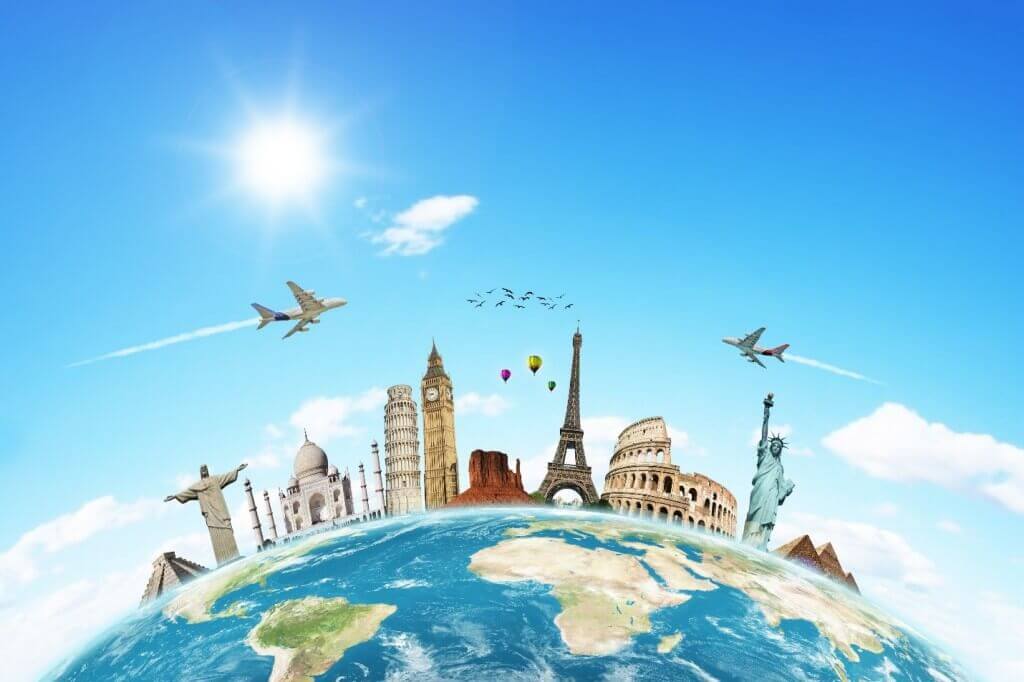
As movement around the world grows more and more restricted, it’s hard to imagine what travel will look like when it eventually ramps back up.
The staggering global scale of the coronavirus pandemic makes it especially devastating, but the travel industry has rebounded from past crises and experts believe it will bounce back again.
“People haven’t changed in that they still want to go places, but they’re going to necessarily be a lot more cautious about what they do,” said Adam Blake, a professor of economics and head of research in the Department of Tourism and Hospitality at Bournemouth University in the United Kingdom.
And they’re going to need not just persuading that it is safe to travel, but they’ll need to see actual physical changes made to make travel safer.”
For now, we don’t know when or how the pandemic will pass. But once the public health crisis improves, travelers will also need to see steep drops in prices to get them moving again, analysts say.
Here are eight things travelers are likely to see once the industry is able to rev its engines in the direction of recovery.
Cruises will be very cheap. But it might not matter for newcomers
Travelers who are comfortable with cruising will find very low prices as cruise lines restart service, said Christopher Anderson, professor of business at Cornell University’s Hotel School in Ithaca, New York.
The challenge will be in attracting new customers to cruise travel, “which will be essential to survival,” he said, after global headlines about coronavirus outbreaks on ships, travel restrictions and denied ports of call.
Anderson suggested that reconfiguring some of the new ships that are still under construction with bigger staterooms and less passenger density might be a way to attract new customers. Reducing buffet food service and leaning more toward a la carte dining across rate tiers might be another way to reassure travelers who are skeptical about cruise travel, he said.
Cleanliness will be addressed — a lot
“Everyone, whether it’s cruise, lodging or hotels, are going to have to change how they monitor and clean the environment that consumers interact with and communicate that back to guests in order to increase their comfort level,” Anderson said.




